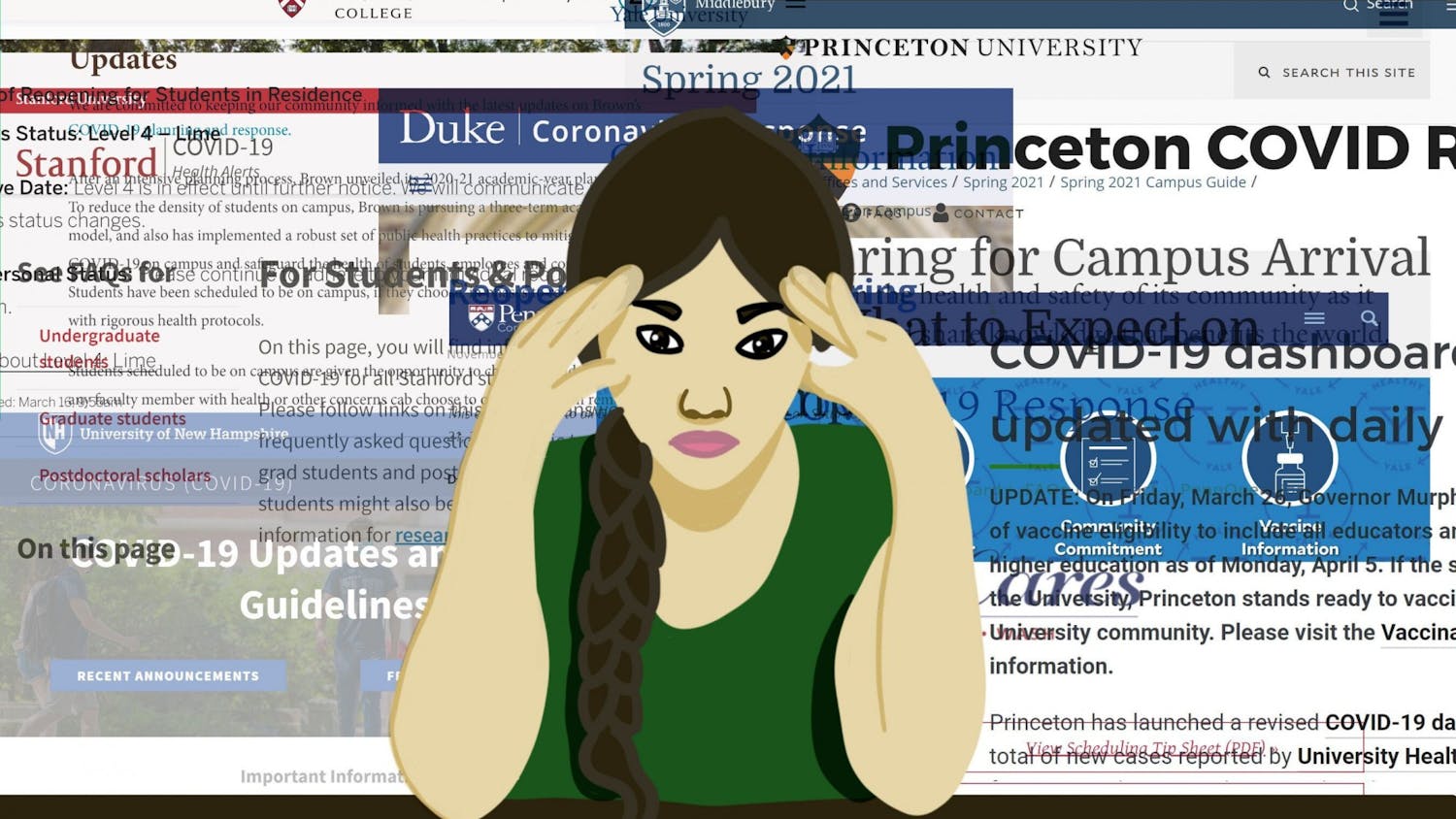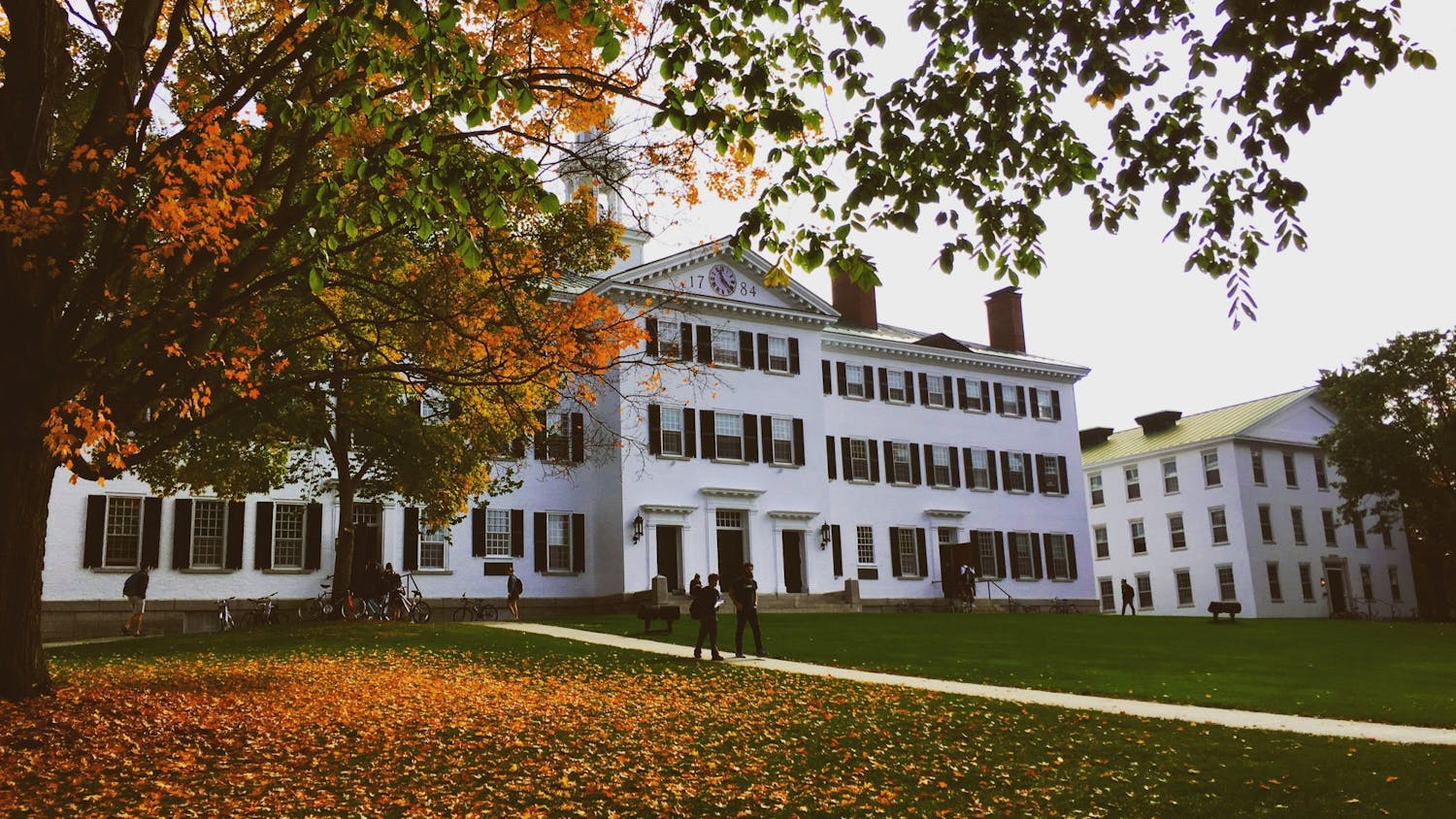Last week, the Dartmouth administration sent an email to members of the Class of 2024 with new information regarding D-Plan selection. A new clause has been added limiting students to seven fall and spring residence terms rather than the eight normally available fall and spring terms over a four-year college period. This means that students’ D-Plans must now include at least one leave term in the fall or spring of sophomore, junior, or senior year. Given that students are required to have twelve total residence terms (whether on campus or on an abroad program), the new guideline makes taking a winter term off a much more difficult maneuver. This decision to change D-Plan guidelines for the Class of 2024 and future classes deprives students of flexibility for the sake of temporarily solving the housing issue on campus.
The new rule is limiting and doesn’t seem to have any conspicuous benefits for students. The College’s rationale for the change is likely Dartmouth’s housing shortage: Dartmouth currently has more students than they have room to house. In blocking students from taking winter term off, a previously popular choice, the College can regulate the on campus population. The only way for a student to take off a winter term would be to free up an additional off term. This can only be done by spending freshman or junior summer in residence, but neither of those options are convenient — freshmen often need a break after their first year of college, and junior summer is often used for internships. Students are now also allowed to take fall or spring off of their senior year, but this is a measly consolation prize considering that students are likely to want to spend their final seasons at Dartmouth in residence.
According to Dartmouth’s admissions website, the D-Plan is supposed to give students more flexibility, allowing them to “customize [their] own academic calendar.” Deemed “your personal enrollment pattern,” it’s painted as a benefit to students’ experience at Dartmouth, allowing them to create their schedule based on their academic and career goals. But if this program is truly meant to increase flexibility for students, why are its requirements being increased? The flexibility claim is merely a facade — the D-Plan was originally created to curb the on-campus population when women were first admitted to the College. D-Plan customs like sophomore summer and off-terms all have the underlying purpose of curbing the housing issue.
I recognize that the change in guidelines will, in fact, help address the College’s housing shortage. Following the recent study abroad cuts, increased gap years due to COVID-19, and a likely increase in desire to be on campus as the pandemic eases, more students will need to be on campus, and this new rule will make that somewhat more doable. However, I see this makeshift solution as an easy way out. This decision doesn’t have students’ best interests at heart — it feels a bit like punching students when they’re already down. I came to Dartmouth in the hopes of participating in a creative writing study abroad program in Dublin, and if not that, a film program in Edinburgh, with the intention of taking the winter of junior year as an off term. As a result of the cuts and this new regulation, none of that is possible anymore, and I’m sure I’m not the only one in that situation. I’m a firm believer in rolling with the punches, but why punch in the first place when there is another option out there?
That other option is to simply build more housing.. While building new housing is undeniably more costly, more labor-intensive, and more time-consuming than continuing to increase D-plan rules, it is a worthy investment given that it is the only permanent solution to the housing issue. The College even had plans to build new housing at the intersection of Crosby and East Wheelock Streets, though these plans have been put on hold due to the pandemic. Once Dartmouth bumps up its housing capacity to match the current student population, then the administration will no longer have to micromanage the number of on-campus students each term, and students can have full freedom in choosing their D-plans. After the past year of limited on-campus capacity due to COVID-19, it seems fitting that the College should work to allow as many students as possible to return to campus. More housing will help ensure that this is possible — forcing students to take a fall or spring off will not.
Stop cutting corners, Dartmouth. Build more housing.



